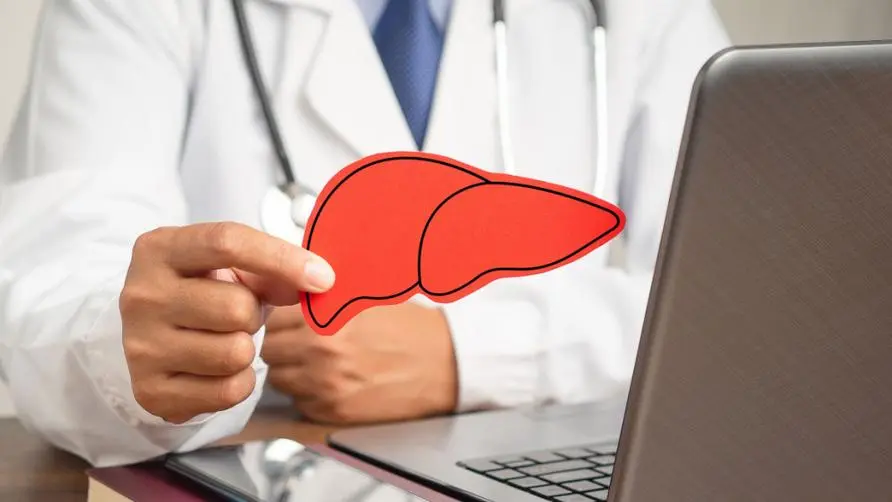The smellier the fart, the worse the gastrointestinal condition? Doctor clarifies: You shouldn't worry if you don't fart! May be a sign of "2 gastrointestinal diseases"

“Farting” is a normal physiological phenomenon, but when the smell or frequency changes drastically, you may need to pay attention. Maybe your body is sending a warning? Dr. Huang Xuan, an expert in critical care medicine, pointed out in the community that the average adult farts 13-21 times a day. Even if the human body is in a sleep state, farts will continue, and most of the gases emitted are odorless.
The smellier the farts, the worse the gastrointestinal condition will be? Eating too much of these foods may cause “stinky fart explosion”
Many people have the myth that “the smellier the fart is, the worse the gastrointestinal condition will be.” In fact, farting is not only related to disease or food intake, but also other factors that affect farting. A study published in the “American Journal of Gastroenterology” pointed out that a “high-fiber diet” is associated with an increase in the frequency of farting, while a “low-carbohydrate diet” may lead to a decrease in the frequency of farting.
As for the heavier and unpleasant smell of farts, it may be related to the intake of too many “sulfur-containing foods”, such as garlic, onions, cheese and soy products. These foods are likely to produce unpleasant odors when they are decomposed in the gastrointestinal system. . Dr. Huang Xuan pointed out that there is no need to worry if you occasionally have smelly farts, but if you frequently fart with a strong smell, it may be lactose intolerance, inflammatory bowel disease (IBD) or irritable bowel syndrome. It is recommended to seek medical advice as soon as possible. Seek medical assistance.
Another study published in the Journal of Clinical Gastroenterology in 2019 found that “probiotics” may have an impact on the odor secreted by the gastrointestinal tract. Research shows that people who frequently use probiotics will reduce the amount and odor of farts. This study highlights the potential role of probiotics in regulating flatulence and odor, but further research is needed to confirm this.
Are you farting more often because you’re devouring food? Does flying cause frequent farting?
Dr. Huang Xuan further explained that in addition to diet and probiotic intake, daily life behaviors can also affect farting, such as chewing gum, smoking, eating or drinking too fast, drinking carbonated drinks, etc. These behaviors will increase the chance of swallowing air. This can easily lead to farting. In addition, when an individual is in an airplane cabin, changes in air pressure in the cabin will affect gas production in the gastrointestinal tract, which is also the reason for the increased frequency of farting.
A 2021 study published in the Journal of Gastroenterology evaluated the impact of exercise on gas production in the gastrointestinal tract. Studies have found that exercise can help speed up gastrointestinal motility and increase intra-abdominal pressure, thereby increasing gastric volume. Therefore, more exercise can help improve digestion, but it may also increase the frequency of farting.
Should you worry if you don’t fart for a long time? Critical care doctor warns: It may be a sign of “gastrointestinal disease”
Certain ethnic groups may be worried about the frequency and total amount of farts and believe that “not farting” will lead to serious consequences. Dr. Huang Xuan explained that the frequency and amount of normal people’s farts will vary depending on individual differences, eating habits and lifestyle. Generally speaking, the normal number of farts is about 5-15 times, and the amount of gas in each fart is very small, about 10-200 ml.
However, if you notice that you haven’t farted in a while and are experiencing bloating, discomfort, digestive issues, or other related symptoms, be aware that this may be a warning sign from your gastrointestinal tract. For example, an intestinal obstruction may prevent the passage of gas, causing conditions such as flatulence, abdominal pain, and vomiting. In addition, inflammatory bowel disease and irritable bowel syndrome may also affect the passage of gas, causing bloating and less frequent passing of gas.
Dr. Huang Xuan said that the frequency and amount of farting vary from person to person, but if you have not farted for a long time and have related symptoms, you should seek medical advice and take active treatment. The frequency and smell of farts are not only related to food intake, but also lifestyle behaviors. If you feel that you have persistent gastrointestinal abnormalities that have seriously affected your quality of life, you should seek medical treatment as soon as possible to hope for recovery.
Source:
Further reading:





